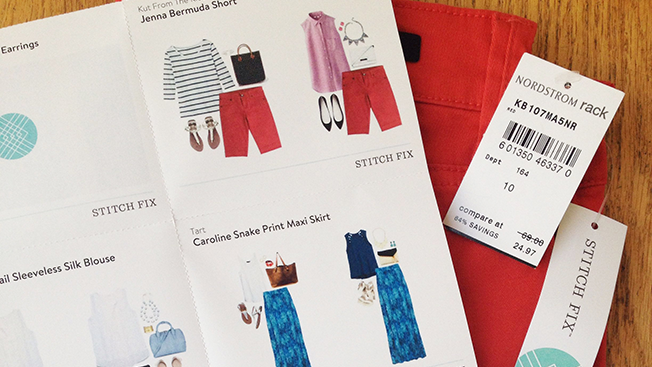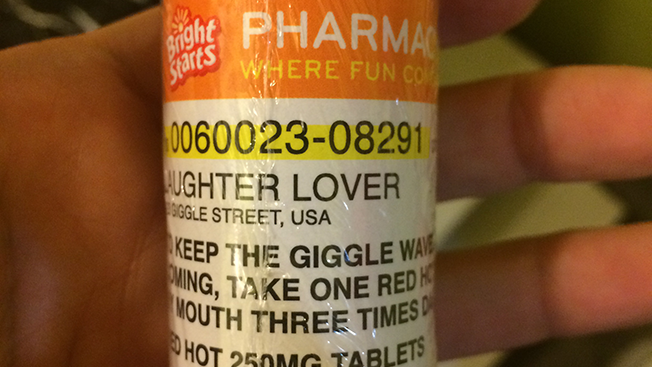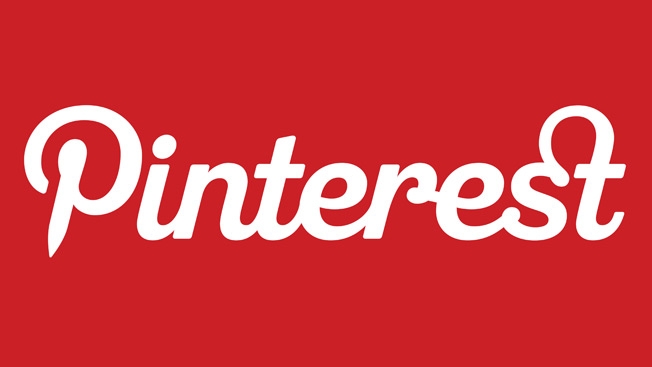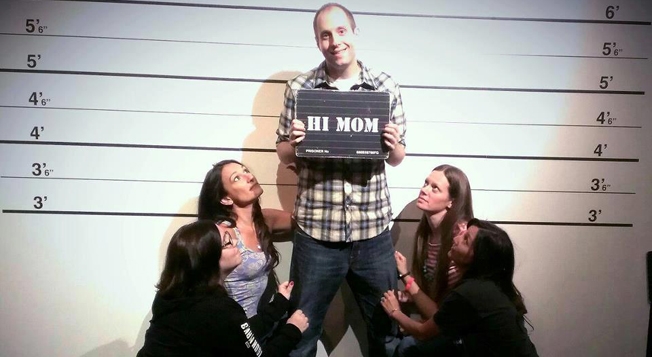Why Did These $68 Shorts From Stitch Fix Show Up With a $24.95 Price Tag From Nordstrom Rack?
Posted in: Uncategorized
Blogger Kat Bouska usually loves being surprised by what’s inside her monthly Stitch Fix fashion box deliveries, but the most recent one included something she truly didn’t expect: an original price tag that showed just how much she was being overcharged.
The popular subscription company charges Kat (and many others) $20 for its personal shopping service, then sends her a box with five pieces of clothing and accessories. The charm is that she can try it all on in the comfort of her own home, and send back what she doesn’t like. She can buy what she does like, and the $20 styling fee will go towards that purchase (items are $55 each, on average, per the site). If she doesn’t like any of the pieces, she can send it all back (within three days), but lose out on the $20 styling fee.
Except this time around, her $68 shorts came with another tag on it—a Nordstrom Rack tag with a discounted price of $24.95. That’s a rather shocking markup of 173%.
She’s not the only Stitch Fix fan who has noticed she might be paying too much for discount apparel. In a comment to Bouska’s Facebook post about her recent delivery, another subscriber named Kathleen Enge remarked: “My Stitch Fix pieces arrived. I loved them. Two days later one of the dresses was featured on Nordstrom Rack Haute App for 50% less.”
So are these experiences indicative of Stitch Fix customers being misled about the price and source of their purchases? In other words, is Stitch Fix routinely buying discounted clothes at retail and then selling them at a markup?
Absolutely not, says a Stitch Fix spokeswoman, who declined to be named.
“We’re a retailer just like any other store. We purchase clothing at wholesale and sell them at retail.”
I asked why some of the service’s subscribers are finding their items at a 50% or greater discount elsewhere, and she said competing retailers often buy from the same suppliers and then set their own prices. Stitch Fix consistently prices its items at the manufacturer’s suggested retail price (MSRP).
She went on to clarify that Stitch Fix does not buy its clothing from discount retailers such as Nordstrom Rack and then resell them.
If that’s the case, why did Kat Bouska have an item that clearly came from Nordstrom Rack with a Nordstrom Rack price tag in her Stitch Fix box?
It was a simple mixup, Stitch Fix CEO Katrina Lake told AdFreak in an email this afternoon. The shorts, she says, were sent to the wrong retailer (Stitch Fix rather than the intended Nordstrom Rack) and accidentally sent out to subscribers with the wrong tag.
“Many of our vendors work with other retail partners such as Nordstrom and Nordstrom Rack. Our vendor mistakenly shipped us product that was meant for another retailer. We have quality control processes in our warehouse to catch such errors but in this instance the tag was missed. We sincerely apologize for the mistake and we want to make sure this never happens again.
“The prices we assign to our merchandise are MSRP 100 percent of the time. Many retailers choose to discount different merchandise for promotions or anniversary sales. If a client sees an item that they purchased from Stitch Fix at a discounted price at another retailer, we will always investigate, adjust our prices internally, and credit the client for the price difference.
“We are proactively reaching out to anyone who paid $68 for the shorts and giving them credit for the difference. We are also reviewing our quality control processes to make sure that this never happens again. We are committed to an amazing client experience and should be able to provide prices that are competitive to any other retailers out there. We will work with our vendors and on our internal processes to make sure this happens moving forward.”
Stitch Fix’s website will be updated with the price adjustment policy shortly.
The clarification came a bit too late for Bouska. She says she has canceled her Stitch Fix subscription.
![]()









